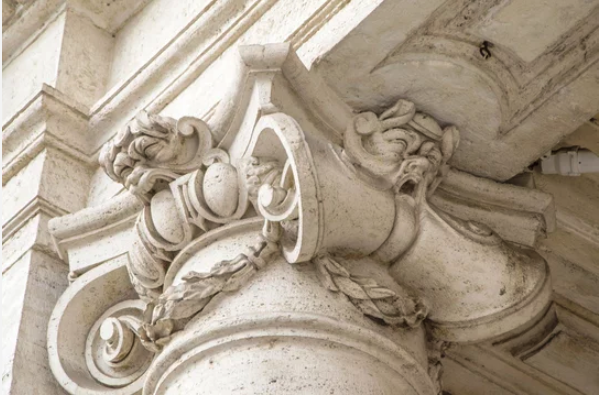Autonomous and Semi-Autonomous Weapons and The U.S.’ Role in Defining the Future of Warfare
Jacob Przada | Aug 02, 2021
With the modernization of military technology and the continued drive for autonomous and semi-autonomous weapons, policymakers have redoubled efforts to address concerns with their use. International actors have attempted to define their place in wartime and many scholars acknowledge their importance in countering undemocratic regimes.
This begs the question: how should policymakers, regulators, and legal scholars respond to an expectation of the increased use of artificial intelligence in conflicts?
There are many unanswered questions about the future of policy as it relates to autonomous and semi-autonomous weapons. However, one observation is certain. Adversaries will continue to develop weapons regardless their appearance amongst other international actors.
For this reason, the United States can and should play a role in the development of these weapons, acting as a steward of transparency and cooperation amongst allies. The United States should set clear guidelines with begin a dialogue on the proliferation of such weapons.
By proactively entering a dialogue with the international community about these weapons and their potential uses, the United States will be able to take the lead in their development in a way that will allow the United States government and allies to protect their interests, while building trust in the community.
While such a dialogue may place them at a disadvantage compared to adversaries who will operate without any regard for this type of feedback, it builds trust that is necessary for a democratic power such as ours. Therefore, this level of transparency and trust building should be a feature of the proliferation of such weapons. This will allow the United States to capture moral and ethical decision-making in the creation of semi-autonomous and autonomous weapons systems.
Jacob Przada is a student at the University Texas School of Law, graduating in 2021, and a former Clements Center Undergraduate Fellow.




